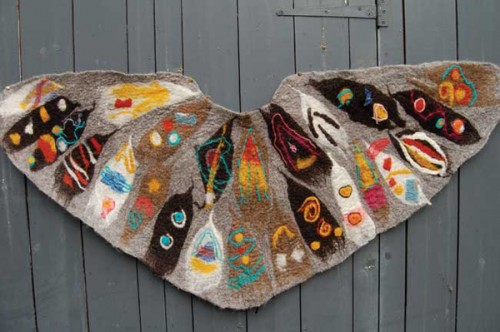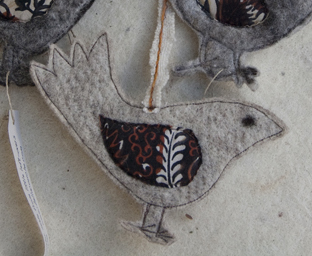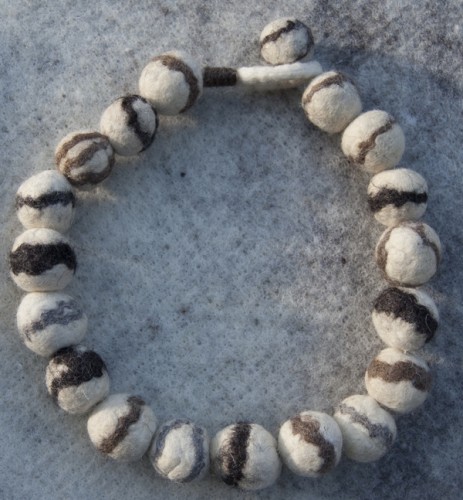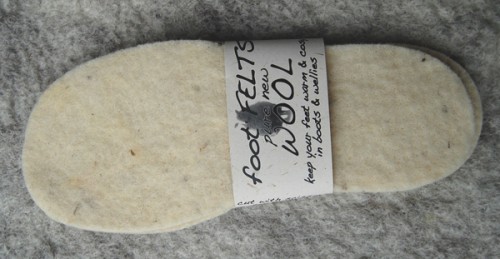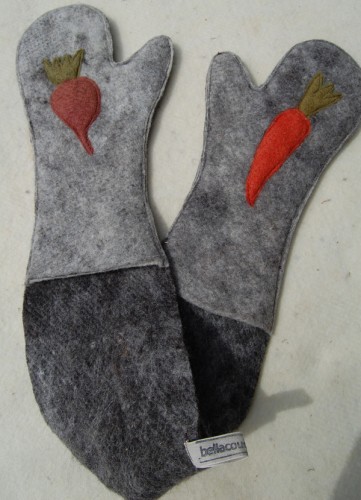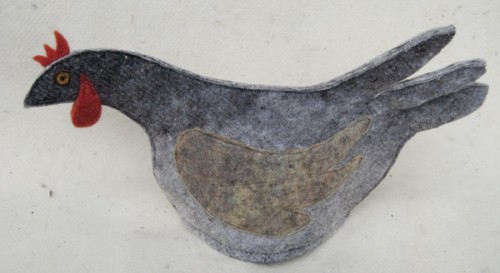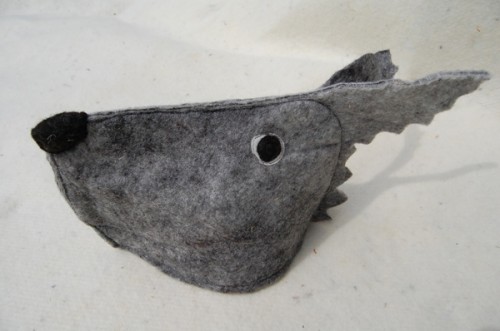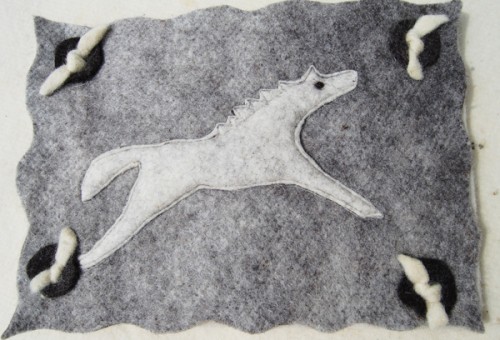By Richard Rawlinson
Today’s elderly, even when not religious, are more likely to choose a funeral conducted by a priest (pastor/vicar depending on denomination) than a secular celebrant. Given the choice between a person in a robe or business suit, they opt for the former. Their decision seems as natural to them as taking the dog to the vet rather than the local homoeopath on yell.com, even if they were aware of the alternative choice.
This generational conventionalism is set to be eroded in the years to come as today’s middle aged – more strident in their secularism – plan their send-offs. Instead of feeling comforted by the involvement of those in holy orders, many see the religiosity of the ensuing services as more hindrance than help: they don’t feel the need for prayers for their immortal souls; the division of limelight between God and the deceased might bore their attendant family and friends; and, worse still, some priests seem to jump at the opportunity to proselytise to this captive audience of non-churchgoers. Rarely successfully.
So the swords are crossed. Teams huddle to plan strategy. Neither opponent is in it for financial reward, although they’d both welcome a steadier stream of cheques from those who choose their service. At the moment, the priests have the virtual monopoly (about 465,000 of the 500,000 who die in the UK each year, according to the National Association of Funeral Directors). But for how long?
The motives on both sides are honourable by and large. They want to give the deceased and bereaved the funeral they deserve: smooth-running, comforting, memorable, moving, inspiring, beautiful, profound. If any professional pride comes into play, it’s because they’re aware of the inherent communication skills, charisma and hard graft required to pull off such a feat.
The clergy assess their situation. It’s important to remind ourselves here that priests come in all forms from the extremes of progressive and conservative to varying shades in the middle. To complicate human nature further, all types can seem loving, intelligent and charismatic to some, and annoying to others. A darling of liberals might seem muddled to the traditionalist. Muscular orthodoxy might seem intrusive and domineering to those who prefer TV’s amiable Rev. What’s more, whether woolly or forthright, both camps can be either good or bad communicators: some people literally exude star quality, others lead us to assume they must have had their heads shoved down the lavatory at school.
When addressing the slow but steady loss to civil celebrants of funerals within their parish community, it’s inevitable there’s disagreement among these men (and women) in holy orders about the best ways to keep death ritual in the religious sphere.
They may comfort themselves that funeral directors still tend to put most ‘business’ their way (more blogs on why this is, please). Clergy might also feel at an advantage as they don’t just deal professionally in death like some in the funeral industry: they’re the shepherds of living parishioners, who they see at church and during school and hospital visits; who they baptise, confirm, marry and counsel in times of need. Their churches are not linked only to dying and visited under duress like the crematoria.
But they’d be unwise to be complacent about the growing demand for good where to buy tadalafil uk secular celebrants. Like the clergy, these celebrants come in various shapes and sizes. Some appeal to the more forthright atheist, others – believing in bespoke service – more readily tailor their service to audiences made of different faiths and none, perhaps going along with requests for prayers, hymns, and so forth.
This in some ways places them head to head with the more liberal members of the clergy, those who are keen to adapt to mixed congregations, both atheist-lites and those simply without strong religious convictions. In ‘market’ terms, this is rich picking. Of the four in 10 Brits who claim membership of the Church of England, it’s clear many are secularists, who increasingly see hypocrisy in using their church simply for baptisms, weddings, funerals and the Christmas carol service. The NAFD has confirmed that most of those choosing non-religious funerals were ‘hatch, match, dispatch’ Protestants, whereas lapsed Catholics remain more likely to uphold the ceremonial traditions of their forefathers, hedging their bets, so to speak.
This leads to consideration of various ongoing debates here at GFG: the discussion about secular ritual, whether religion-inspired or not; the shared, non-denominational nature of crematoria, and the call for faith groups to adjust to mixed funeral audiences.
The latter discussion point, in particular, depends on personal taste. I’d happily pay respects at a secular or multi-faith funeral at a crematorium, but I’d choose for myself a requiem mass in a Catholic church followed by a graveside committal on consecrated ground. I’d want less emphasis on eulogy in the homily, and more on praying for my immortal soul in Purgatory. Loved ones can celebrate my life before and after the mass, if they so wish, but I’d hope, whether they’re secular or from a different faith group, they’d accept my wish to keep the sacred mass centred on (my) God.
It should not be a ‘duty’ to homogenise all funerals to make them inclusive of all. When the culture is strong, it trumps good manners. When the culture is not a heartfelt issue, then general consensus can take over. There’s a difference between multicultural society and pluralist society. In society, cultures do not all mix as one homogenous whole but they should be able to coexist peacefully with their different cultures respected by others.
A multifaith funeral may indeed be a good thing, perhaps for the majority today. But, for the minority of resolute religious or indeed militant atheists, there will always be some things too important to compromise.
This has been the case with decades of ecumenical conferences held by different Christian denominations striving unrealistically for unity on key issues. Ecumenism more often than not means disparate groups getting together to proselytise their own cause. I’d rather a smaller Church that’s not diluted than a bigger Church that’s lost its meaning.
Ed’s note: If this has got you thinking, you may be interested in a Muslim view of traditional religious funeral culture vs the way we are today. Here’s a taster: “For the first time in my life, I really needed religion to give me solace, but here I was, listening to an unfamiliar language where the word “devil” kept popping up, alarming rather than comforting me.” Full article in the Guardian here.

